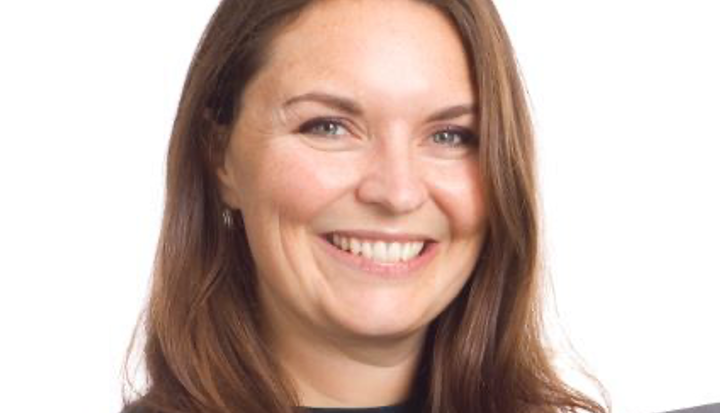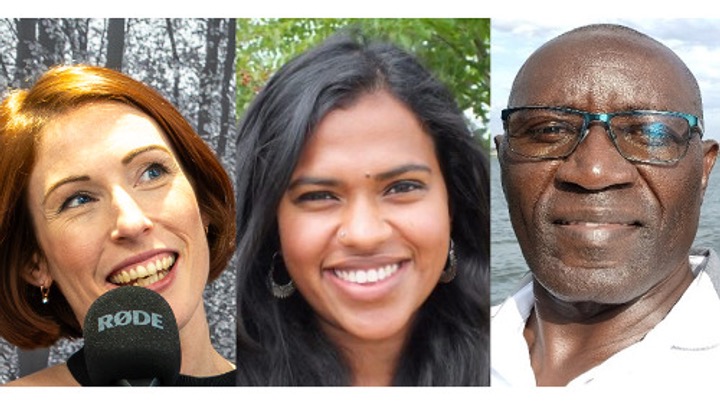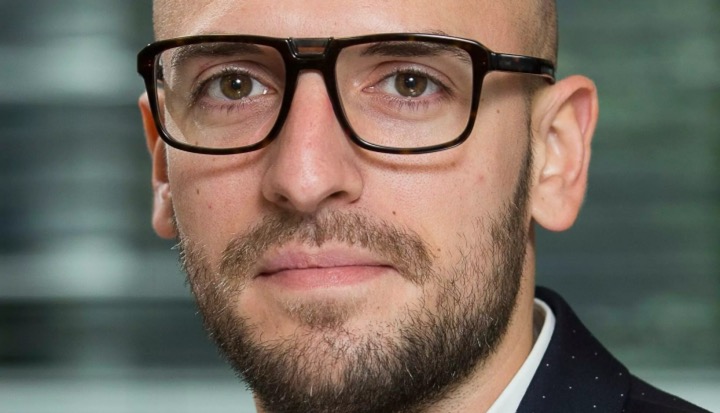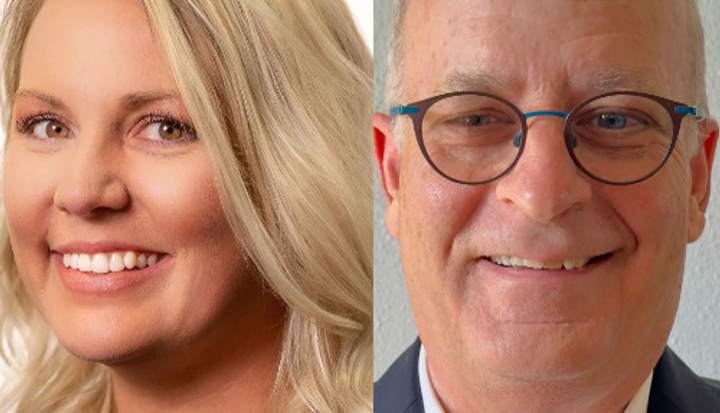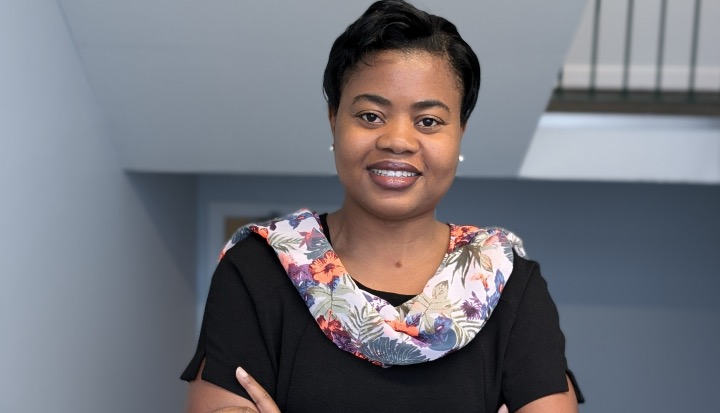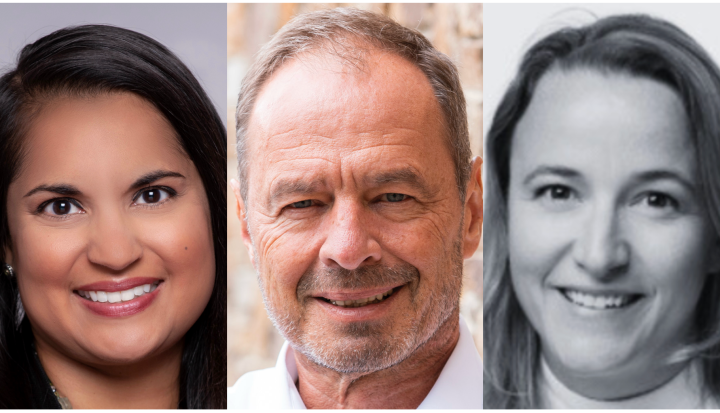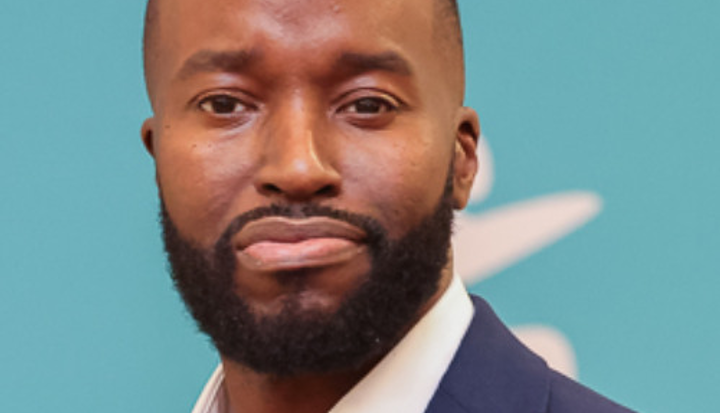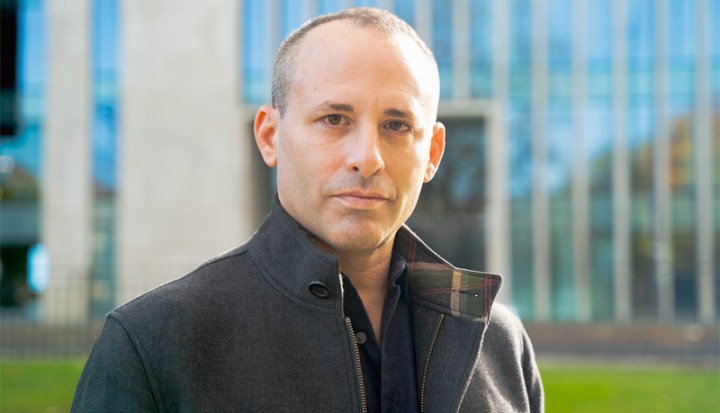BFP: What do you do?
BR: I work for Weber Shandwick, a global engagement and communication agency, and I focus on the cleantech sector (in its broadest sense, from renewables to smart cities and sustainable agriculture), energy systems and sustainability – which, for me, is about new value creation through long-term business transformation. That necessarily involves creating new business models with are green and inclusive, and develop capacity, skills, content and opportunities in the communities and countries where they operate – as well as positively doing no harm. We work for major global corporations as well as start-ups with novel technologies, not-for-profit foundations and NGOs.
BFP: What is the best part about your job?
BR: Working with really inspiring and committed individuals and groups: colleagues within Weber Shandwick, people working in our client organisations and their partners, or people in the many knowledge and best practice networks I belong to. Some of the best thinking on poverty alleviation and shared prosperity is coming from people in the corporate world and through think-tanks like Business Action for Africa – that is a major change over the course of my career. It’s also wonderful when you can help conceive and shape a development partnership and watch it flourish and deliver tangible improvements to people’s lives.
BFP: What have been your greatest challenges?
BR: To be honest, I am continually struck by the number of large corporations with significant operations in least-developed countries (LDCs) that simply do not have a cohesive development ethos or model. Two other major irritations are the disconnect between good corporate policies at the centre and poor implementation in the field (human rights springs to mind), and the temptation to do the right thing but with an inadequate investment to nurture durable change. I also get a little frustrated with some development NGOs that are still quite immature when it comes to working with business.
BFP: How have you overcome these challenges? / What is the secret of your success?
BR: To quote Po’s father in Kung-Fu Panda, “The secret is that there is no secret sauce”! The advice I would offer, based on my experience, is to play the long game, know your stuff, build a good personal network to keep you inspired and motivated, and learn to celebrate each small achievement as a positive step forward. Large corporations are slow to change their thinking let alone their practice. With some clients it has taken years to win acknowledgement that they can do their business differently without undermining the viability of resource projects, and then to help them ‘learn by doing’, usually starting with a pilot project. Know when and how far to push, when to retreat, when to bring in other voices and viewpoints, find and leverage allies in the business, and be creative and consistent. Above all: to thine own self be true.
BFP: If someone wants to do what you do, where should they start?
BR: I’m not about to offer career advice, as mine has been full of unexpected twists, so maybe it’s better to show how I arrived where I am. I grew up in Australia and in my teens became incensed about the appalling treatment of indigenous Australians, becoming a strong supporter of land rights and reconciliation. That led me into student politics, then into national politics working for The Liberal Party of Australia. I was then a lobbyist in the early 90s when sustainable development started to gain serious traction, and also represented indigenous communities fighting for native title to their traditional lands. I was media adviser to the Australian Minister for Health, who also served as Chair of WHO’s Western Pacific Region and Chair of UNAIDS. Since leaving Government, and especially since moving to London in 2003, I’ve increasingly worked with clients with international footprints. I do think you benefit from understanding public policy and having a commercial mindset in addition to a development ethos.
BFP: Finally, what do you hope to get out of being part of the BFP community?
BR: Learn from other people who are doing great things and building shared prosperity, find inspiration, and potentially identify opportunities to connect unmet needs with clients seeking a long-term partner. Oh, and make some new friends.
Editor’s Note:
Thank you to Bill Royce for taking the time to do this interview.
We’re always looking out for members to feature. Help us by taking two-minutes to update your profile, or by nominating someone for Business Fights Poverty Member of the Week.
Read previous Member of the Week interviews here.

